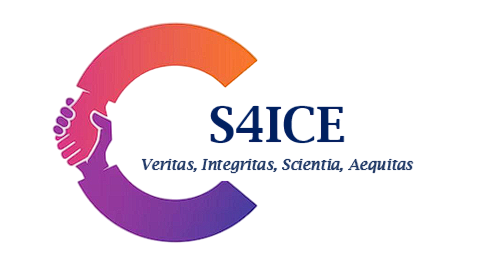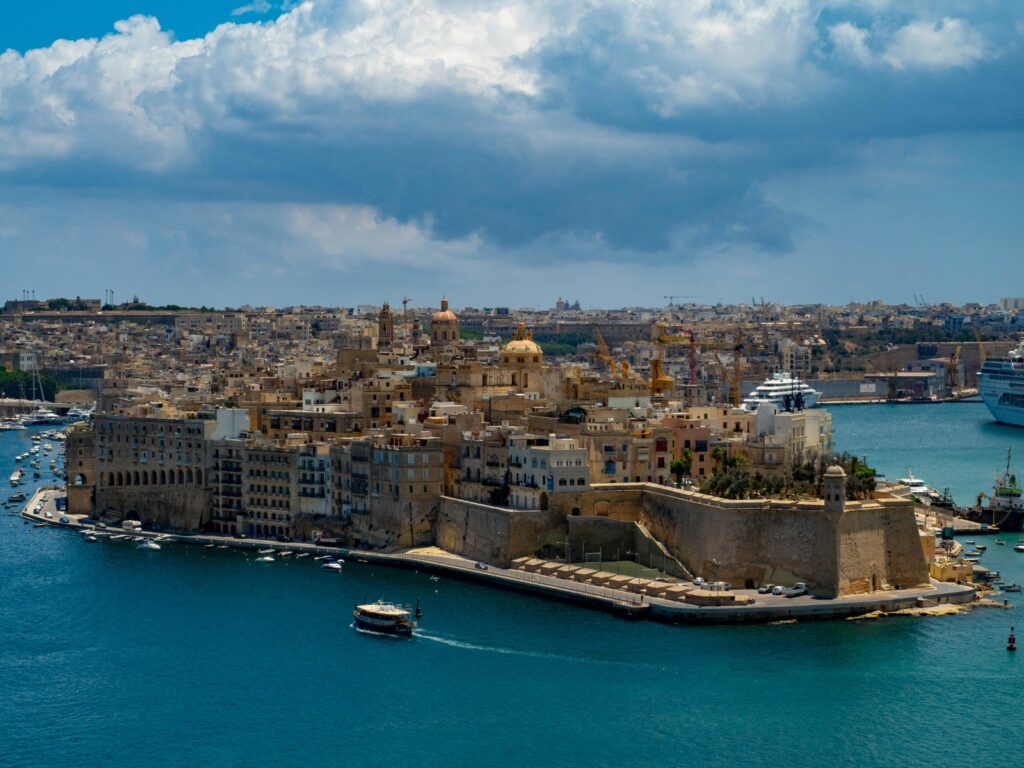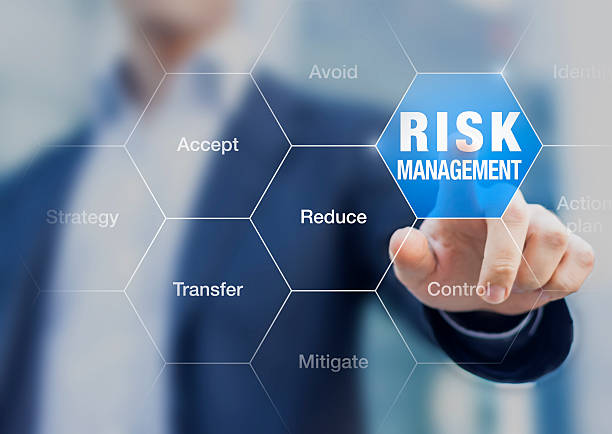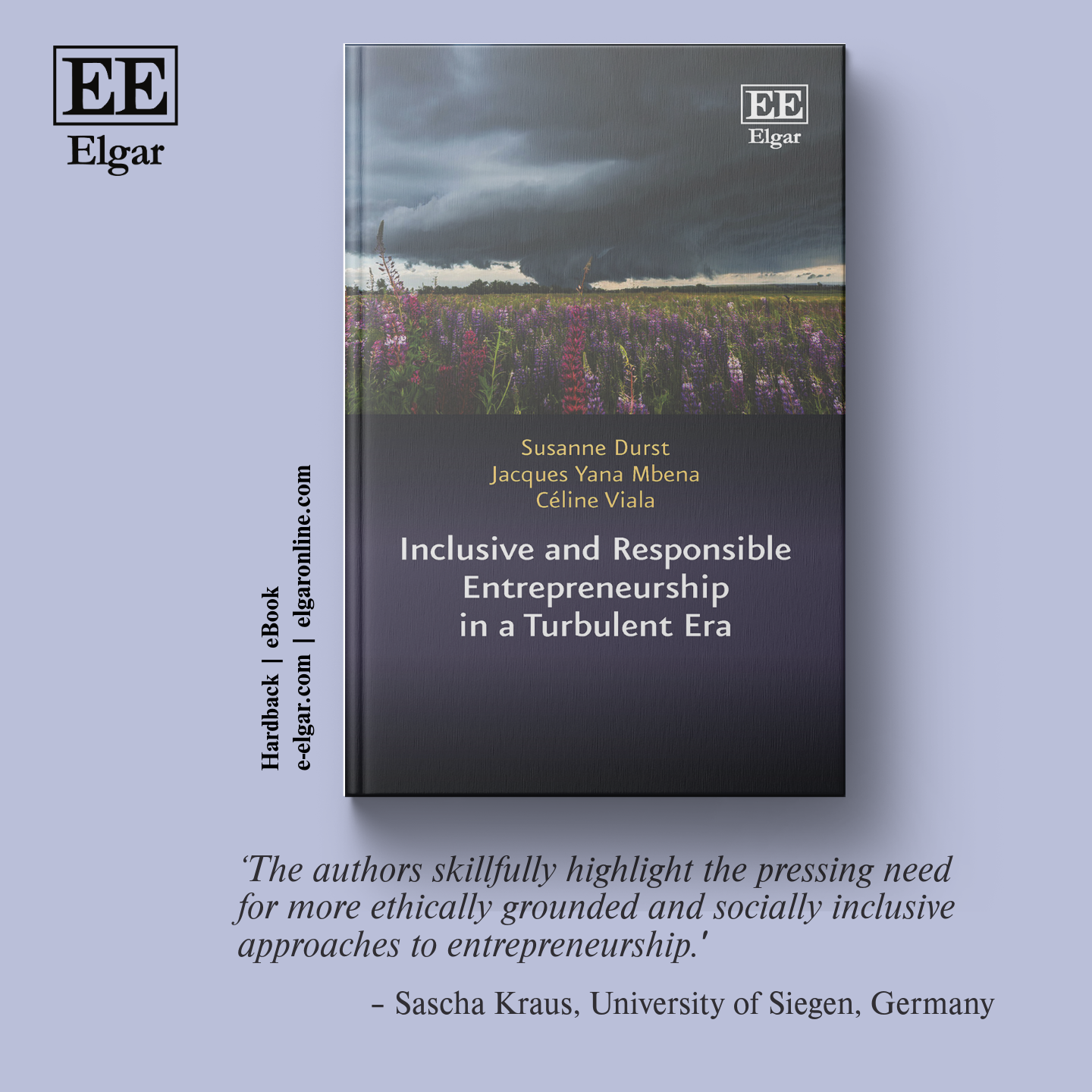By Samuel Foli, Ph.D.
Research Associate at Society for Inclusive and Collaborative Entrepreneurship (S4ICE), Germany
There’s a quiet revolution happening in Malta. It’s in the co-working spaces of Gżira and the startup hubs of Valletta. It’s in the government’s drive to make us the blockchain capital of Europe and the island’s pitch as an AI sandbox. And it’s in the minds of young entrepreneurs dreaming of global impact.
But as we rush to embrace digital entrepreneurship, there’s something missing from the conversation—something critical, and, frankly, something we’re not talking about enough: knowledge risks.
Yes, knowledge risks. Not the kind of headline-grabbing dangers like data breaches or crypto collapses, but subtler, often invisible threats that can quietly dismantle Malta’s ambitions from the inside out.
My recent publication, titled “Discovering the Hidden String Connecting Knowledge Risks and Digital Entrepreneurial Ecosystem” offers a timely and thought-provoking analysis of this very issue. And while my research is rooted in broader European contexts, the implications for Malta are both urgent and personal.
We’re Building Fast — But Are We Building Smart?
Let’s take a step back. Malta has poured a great deal of energy into becoming a digital innovation hub. From tax incentives to regulatory sandboxes, from blockchain bills to MDIA oversight, the island has positioned itself as open for digital business.
And to some extent, it’s working. Startups are being formed. Digital nomads are arriving. Tech investment is growing.
But if we peel back the layers, we find that beneath the enthusiasm lies an unspoken vulnerability: our digital ecosystem is only as strong as the knowledge it runs on, and how well that knowledge is protected, shared, and sustained.
I outlined five types of knowledge risk that are especially relevant in digital ecosystems: knowledge leakage, digitalisation risk, unlearning, cyberattacks, and knowledge censorship. These aren’t just theoretical constructs, they’re already quietly influencing how Malta’s ecosystem is evolving.
When “Sharing” Becomes Leaking
Malta’s digital entrepreneurs often operate in close-knit, highly networked environments. There’s a strong culture of collaboration, and that’s a good thing. But it also increases the chances of knowledge leakage, where sensitive information finds its way out of secure channels, either accidentally or intentionally.
Consider the freelancer culture that’s booming across Malta. While it offers flexibility and access to global talent, it also opens companies up to significant risk. When projects are handed out piecemeal with little oversight, and NDAs are more a formality than a practice, valuable business knowledge can walk out the door, sometimes without anyone noticing until it’s too late.
In sectors like fintech, iGaming, and AI, where Malta is trying to gain a competitive edge, this kind of leakage isn’t just inconvenient. It can be fatal.
Digitalisation Is a Double-Edged Sword
Malta’s public and private sectors are under immense pressure to “go digital.” Whether it’s upgrading legacy IT systems or offering remote services, the push to digitise is now a baseline expectation. But with this comes digitalisation risk—the challenge of keeping up with evolving technologies and the knowledge needed to use them effectively.
We’ve seen local SMEs struggle here. Many jump on the digital bandwagon without proper training, only to find themselves locked into tools they don’t fully understand or can’t adapt when things change. Even worse, the rush to digital can leave behind those who are less tech-savvy, often older employees or smaller businesses without in-house IT support.
Digitalisation, without investment in people and skills, doesn’t make us smarter, it just makes us more fragile.
The Painful Art of Unlearning
Unlearning—the process of letting go of outdated habits, knowledge, and practices—is a deeply human challenge. This feels especially relevant in Malta, where tradition and legacy systems often hold strong sway.
Whether it’s a government department clinging to paper-based workflows or a family-run business unwilling to let go of “how we’ve always done it,” resistance to change can quietly strangle innovation. We talk a lot about upskilling, but what about unskilling the things that no longer serve us?
If Malta is serious about building a sustainable digital entrepreneurial ecosystem, we need to create safe spaces and incentives for people to unlearn, without shame or fear.
Cybersecurity: Our Digital Achilles Heel
We can’t talk about knowledge risks without talking about cyberattacks. The reality is stark: Malta is vulnerable. From political parties to government systems, we’ve already seen breaches that should have sounded louder alarm bells.
Startups, in particular, are often the weakest link. With tight budgets and minimal IT support, cybersecurity gets pushed to the bottom of the to-do list. But as Foli argues, the damage caused by a single breach can ripple across an entire ecosystem, eroding trust, damaging reputations, and driving investors away.
Cybersecurity is not just an IT issue, it’s an ecosystem issue. And one that Malta must address proactively if it wants to be seen as a serious player.
When Founders Leave, What’s Left Behind?
Finally, there’s knowledge censorship, a concept the paper introduces to describe what happens when key people withdraw from an ecosystem, taking their expertise and insights with them. In Malta, where many startups revolve around a few central figures, this is a real risk.
When a founder exits, retires, or even relocates, what systems are in place to ensure that the knowledge they held doesn’t vanish with them? Often, there are none. And that means ecosystems can wither, not because the ideas weren’t good, but because the knowledge to carry them forward disappeared.
Succession planning, documentation, mentoring—these aren’t just corporate buzzwords. They’re lifelines for a small nation with big digital dreams.
So, Where Do We Go From Here?
Malta’s digital future doesn’t hinge on more incubators or flashy tech events. It depends on something far more foundational: how we manage, protect, and share what we know.
Samuel Foli’s work reminds us that digital ecosystems are fragile and complex. They require more than vision, they require vigilance. And they don’t thrive on technology alone, they depend on trust, transparency, and a willingness to grow not just with knowledge, but also around it.
For Malta, that means:
Creating national policies that embed knowledge risk management into startup support systems.
Encouraging a culture of unlearning and relearning, especially within traditional sectors.
Treating cybersecurity as core digital infrastructure.
Investing in human systems that ensure knowledge is retained and shared, even when people move on.
The tools we need already exist. The question is whether we’re ready to use them, not just to build the digital economy we want, but to sustain it through every shift, risk, and challenge to come.
Malta’s future isn’t just digital. It’s deeply human. And if we want our digital ecosystem to thrive, we must start managing our knowledge like the critical asset it truly is.
Further Reading:




